Have you ever wondered why your cat curls up at the end of your bed every night? It’s a cozy sight, but beneath that fluffy exterior lies a world of meaning, ancient instincts, and perhaps even a sprinkle of feline affection. For cat lovers everywhere, discovering the secrets of this nightly ritual can be both surprising and heartwarming. Let’s unravel the mystery and see what’s really going on when your cat chooses the foot of your bed as their favorite nighttime spot.
A Sign of Trust and Bonding

When your cat chooses the foot of your bed to sleep, it’s a powerful sign of trust. Cats are naturally cautious creatures, always on guard for potential danger. If your feline friend feels safe enough to sleep near you, it means you’ve earned a special place in their heart. They know you’re not a threat and in fact, see you as a protector. This gesture is their way of saying, “I feel safe with you.” Unlike dogs, who may jump onto beds for attention, cats do so after careful consideration. Their choice to sleep close—but not too close—shows a balance of affection and independence. Over time, this nightly routine can strengthen your bond, making both of you feel more connected and secure.
Seeking Warmth and Comfort

Cats are always on the hunt for cozy spots. The end of your bed is often warmer than other places, especially during the night when your body heat radiates under the covers. Cats love warmth, and the foot of the bed provides just enough heat without being too stifling. It’s like having a little personal heater that never runs out of batteries. This spot also tends to be softer than the floor or other furniture, making it a perfect napping destination. Sometimes, you’ll even notice your cat kneading the blanket before settling in—another sign they’re seeking comfort in your presence.
Personal Space: The Perfect Distance

Cats are affectionate, but they also value their personal space. The foot of the bed is far enough from your head and arms that your movements won’t disturb them, yet close enough to feel your presence. This spot allows them to keep an eye on you while enjoying their own bubble. It’s almost like having their own reserved seat at a movie theater—they get the best view without feeling crowded. This careful positioning is a reflection of your cat’s unique balance between wanting connection and needing independence.
Guarding Their Territory

Felines are territorial animals. By sleeping at the foot of your bed, your cat is subtly marking their domain. This is their way of saying, “This is my home, too.” They’re able to keep watch over the room and monitor the entrances, all while being comfortable. Your cat feels responsible for you and the household, and this spot gives them a vantage point to observe and protect. It’s a role they take seriously, even if it looks like they’re just snoozing. Their presence at your feet is a quiet but powerful act of guardianship.
Nighttime Vigilance and Security

Even while resting, cats are always on alert. The foot of your bed gives your cat an easy escape route if they sense danger or hear a strange noise. It’s a strategic position: they can leap off quickly if needed, rather than being trapped up by your head or under the covers. This spot offers both safety and security. Your cat can relax but still maintain their natural vigilance. For them, it’s the perfect compromise between deep sleep and being ready to spring into action at a moment’s notice.
Habit and Routine

Cats are creatures of habit. Once they find a spot they like, they tend to stick to it. If your cat has been sleeping at the foot of your bed for weeks, months, or even years, it’s become part of their routine. This consistency brings comfort, both for you and your feline companion. It’s a ritual that signals the end of the day and the start of restful sleep. Over time, this routine can become a cherished part of your nightly life, almost like a bedtime story you both share.
Social Hierarchy and Respect
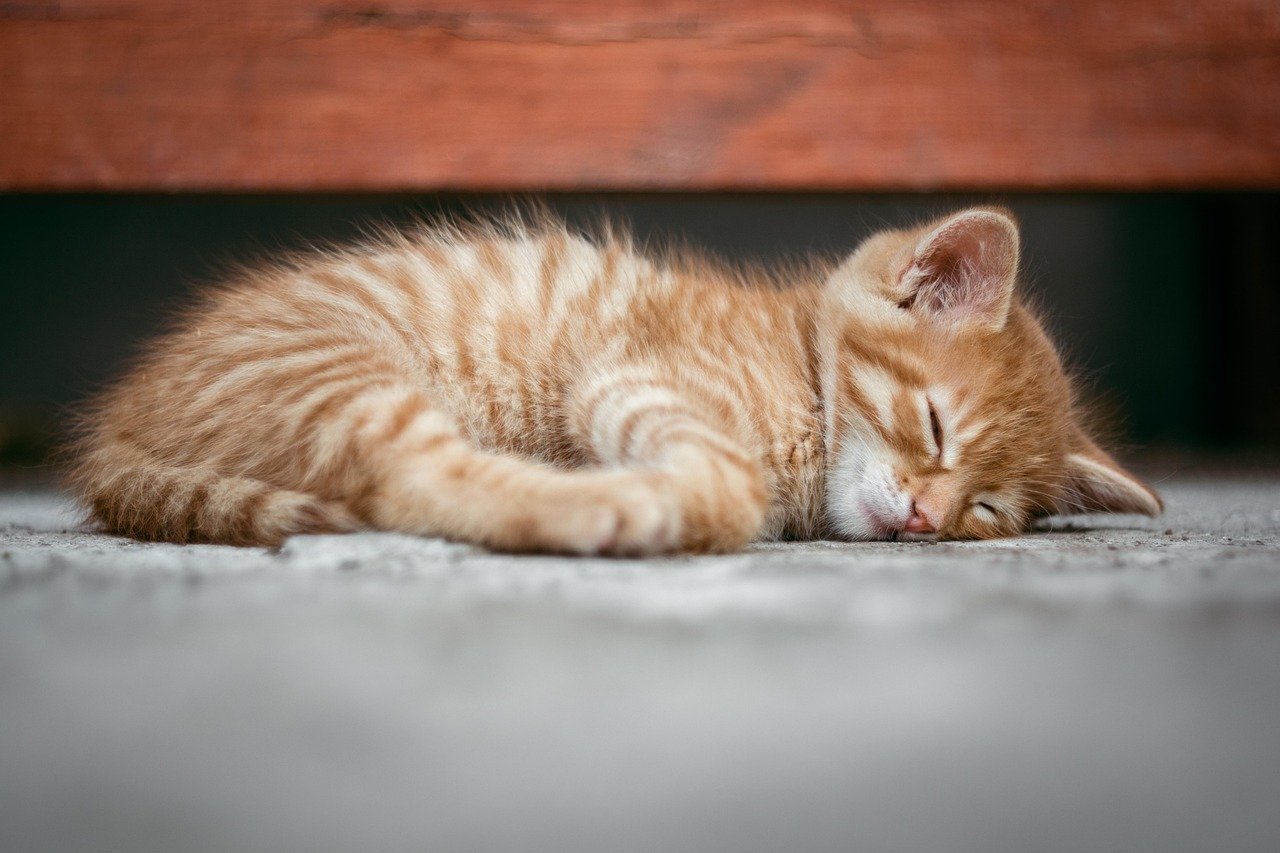
In the wild, cats organize themselves into social hierarchies. By sleeping at your feet rather than on your pillow or in your arms, your cat is showing a measure of respect. They acknowledge you as the leader or the “alpha” of the household. This respectful distance allows them to be near you without overstepping boundaries. For multi-cat households, the one who sleeps closest to you may be asserting their higher rank, while others settle elsewhere. Observing these sleeping patterns can reveal a lot about your household’s feline hierarchy.
Responding to Your Movements
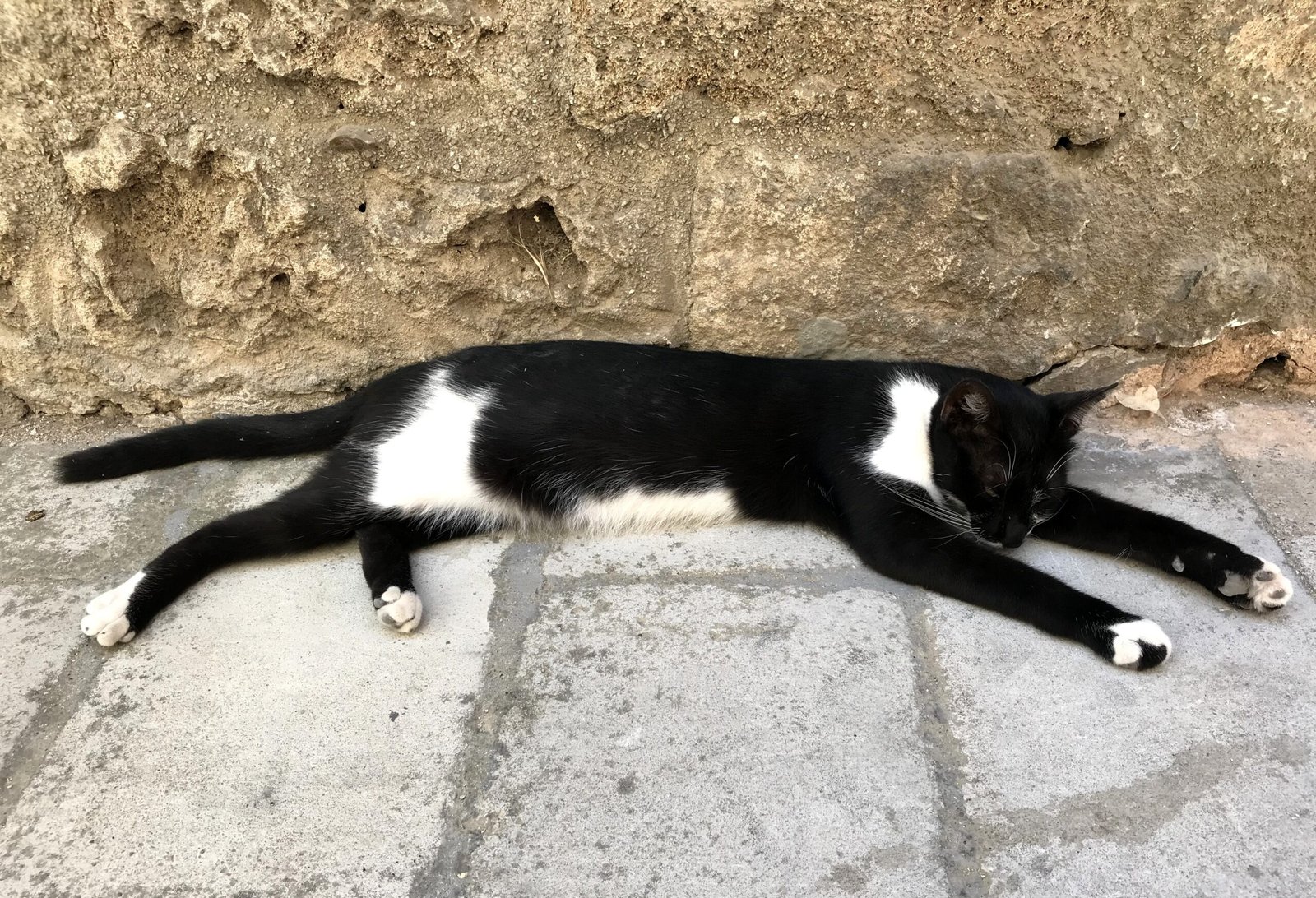
Let’s face it—humans can be restless sleepers. The foot of the bed is less likely to be disturbed by tossing and turning, snoring, or sudden movements. Cats are sensitive to even the slightest disturbance, and sleeping by your feet means they can remain undisturbed for longer stretches. This choice is all about comfort and uninterrupted rest. If you move your legs, it’s easier for them to adjust without being startled awake, unlike if they slept right next to your head or torso.
Affection on Their Own Terms

Cats are famous for showing affection in their own unique ways. Sleeping at the foot of your bed is their gentle way of saying they love you—without being too clingy. They want to be near you, but they still want to maintain some independence. It’s a perfect balance that lets you know you’re important, but not suffocating. This kind of affection is subtle but deeply meaningful for cat owners who understand the language of feline love.
Following Feline Instincts
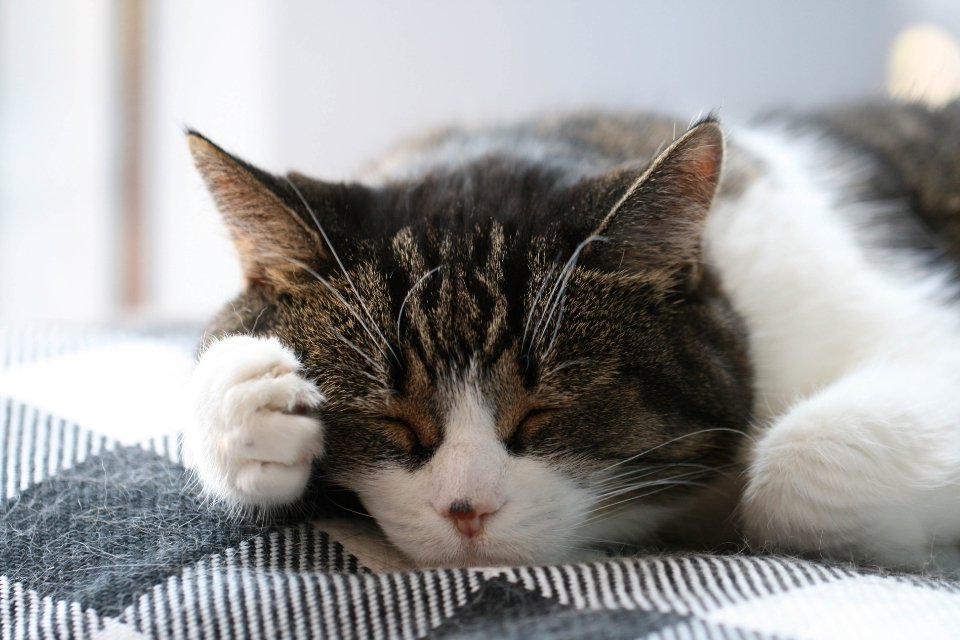
Domesticated cats still carry many instincts from their wild ancestors. In the wild, cats would sleep in places where they could spot danger and make a quick escape if needed. The foot of your bed offers a similar advantage. It’s a spot that feels both secure and strategic. Even though your home is safe, these instincts remain strong, guiding your cat’s choices every night. This is a living example of how ancient behaviors still play a role in your modern home.
Reacting to Household Dynamics

The way your cat chooses sleeping spots can change depending on what’s happening in your house. If a new pet arrives, your cat may become more attached to you and choose the foot of your bed for extra comfort. Changes like moving furniture, new smells, or guests can all influence where your cat feels safest. Their choice to stick by your feet is sometimes their way of dealing with stress or uncertainty, seeking reassurance from your steady presence.
Adapting to Seasonal Changes

You might notice your cat sleeping at the foot of your bed more often during colder months. This is because cats naturally seek warmth, and your bed offers a soft and toasty refuge. During summer, they may move to cooler spots, but when temperatures drop, your cat is more likely to claim their cozy spot at your feet. This seasonal shift is just another example of how your cat adapts their behavior to stay comfortable and happy.
Observing and Learning from You

Cats are incredibly observant. By sleeping near you, they pick up on your routines, moods, and habits. They might learn when you’re likely to get up, when you’re restless, or when you’re most relaxed. Being at the foot of your bed gives them the perfect spot to watch and learn about you. This constant observation helps them feel connected and in tune with your life, even while they sleep.
Comfort in Familiar Scents

Your scent is comforting to your cat. The end of your bed is often full of your smell, from the sheets, blankets, and even your socks. This familiar scent helps your cat feel at ease and secure. It’s a sensory reminder that they’re in a safe, loving environment. Over time, the foot of your bed becomes associated with warmth, safety, and affection—all thanks to your presence.
Copying Human Behavior

Cats are notorious for mimicking their humans. If they see you settle in bed every night, they may decide to join you simply out of curiosity or a desire to be part of the ritual. It’s like a child copying their parent’s bedtime routine. This imitation can be a way for your cat to feel more connected and included in your world, strengthening your relationship in subtle ways.
Dealing with Anxiety or Stress
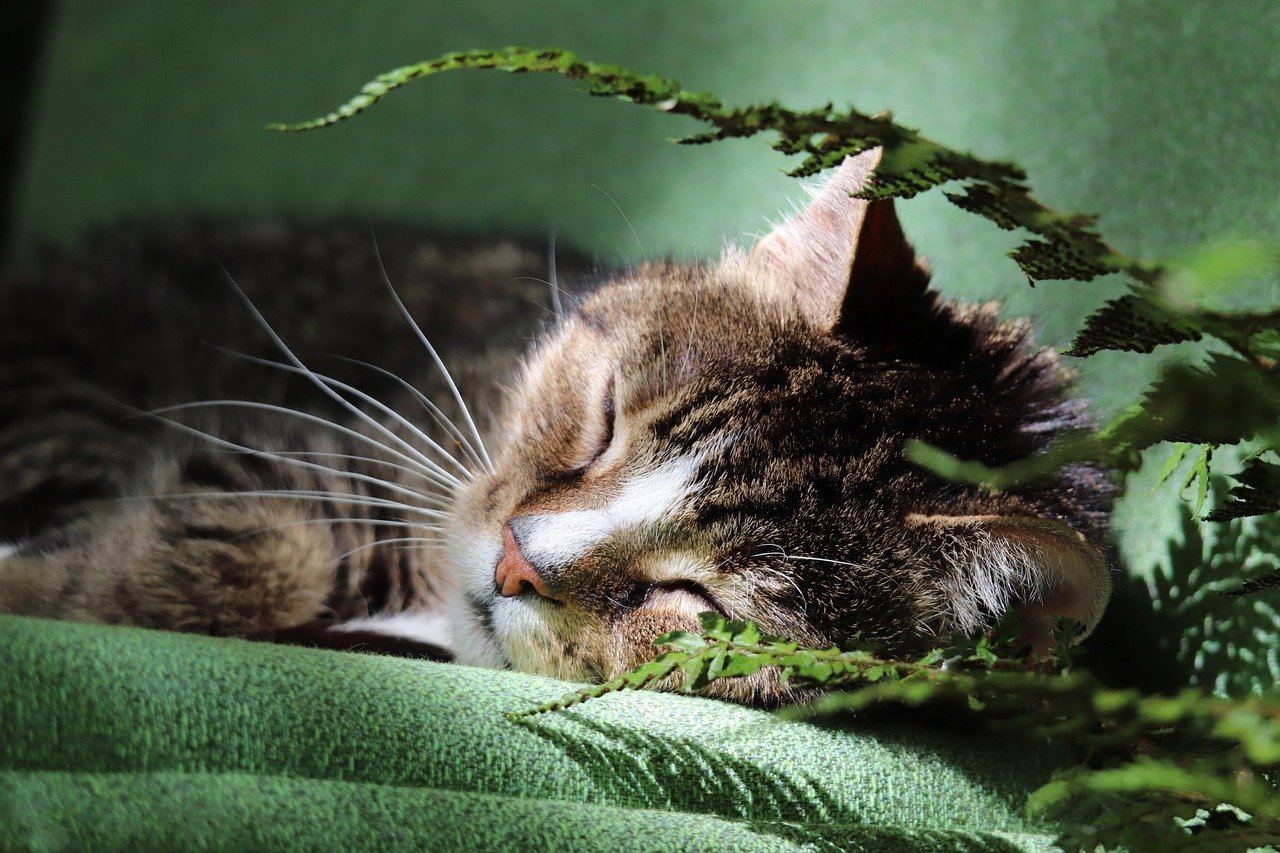
Sometimes, a cat’s choice to sleep at the foot of your bed is a sign they’re feeling anxious or stressed. Changes in the household, loud noises, or separation from you during the day can all make your cat seek comfort at night. Your bed becomes a safe haven where they can relax and feel reassured. If your cat suddenly starts sleeping at your feet more often, it may be their way of asking for extra comfort and security.
Age and Mobility Considerations
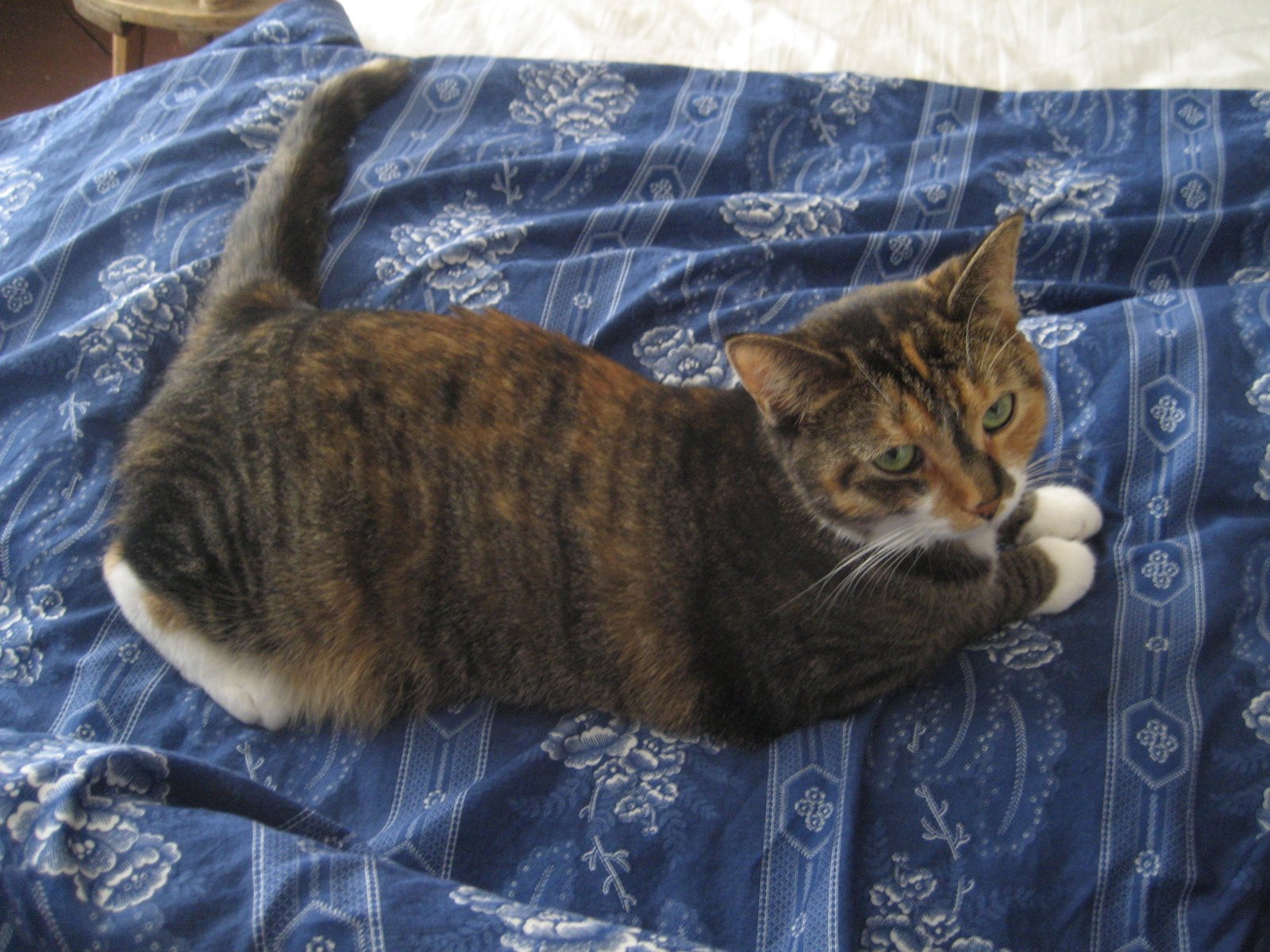
As cats get older, their sleeping habits can change. Senior cats may prefer the foot of the bed because it’s easier to access than higher or more enclosed spots. The soft surface is gentle on their joints, and being near you provides extra reassurance as they age. Kittens, on the other hand, might sleep all over the bed, but often settle at your feet as they mature and develop routines.
Responding to Illness or Pain
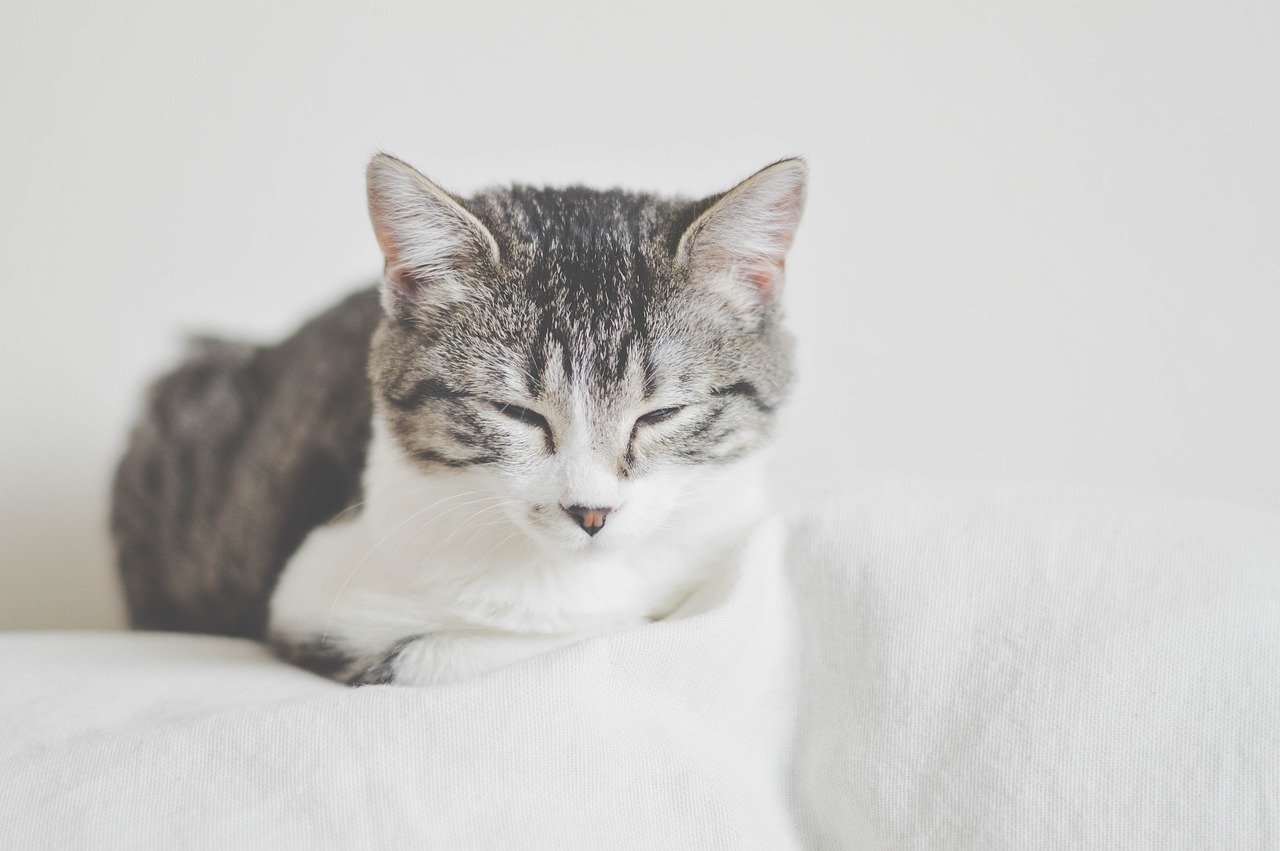
If your cat is feeling unwell or in pain, they may seek out your company for comfort. The foot of your bed offers a safe spot where they can rest and recover while still being close to you. It’s their way of seeking out care and protection, even if they don’t want to be held or cuddled directly. If you notice other changes in behavior along with this new sleeping habit, it may be worth checking in with your veterinarian.
Multi-Pet Households: Sharing the Space

In homes with more than one pet, the foot of the bed often becomes a shared territory. Your cat may claim this spot as their own, or take turns with other pets. The dynamics of who gets to sleep where can reveal a lot about your animals’ relationships with each other and with you. Sometimes, the most confident or bonded pet gets the prized spot at your feet, while others find their own favorite nooks.
Dreaming Together: Emotional Connections
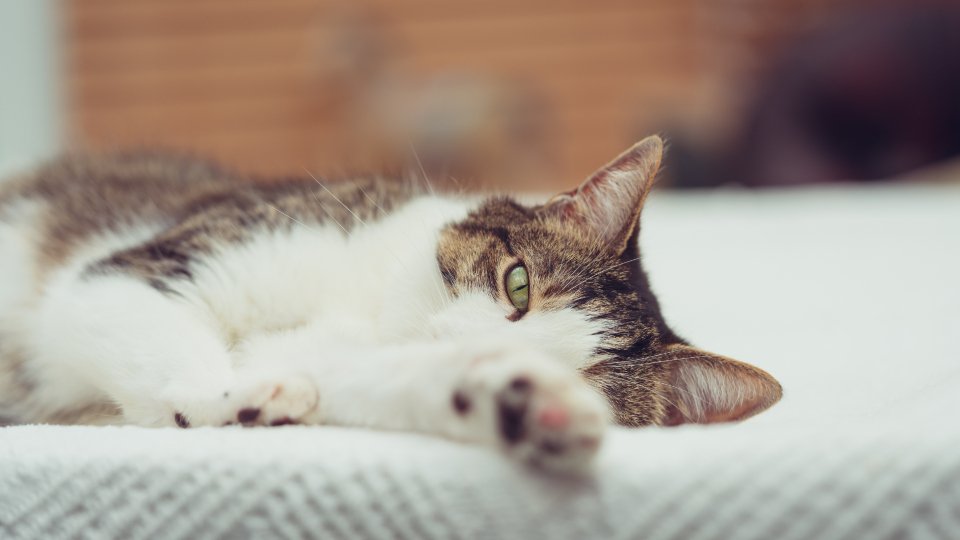
There’s something deeply touching about sharing sleep space with your cat. When they curl up at the foot of your bed, it feels like you’re both taking a journey into dreamland together. This shared experience can deepen your emotional bond, making you feel even more connected. It’s a nightly reminder of the trust and affection that exists between you and your feline friend.
Interpreting Changes in Behavior
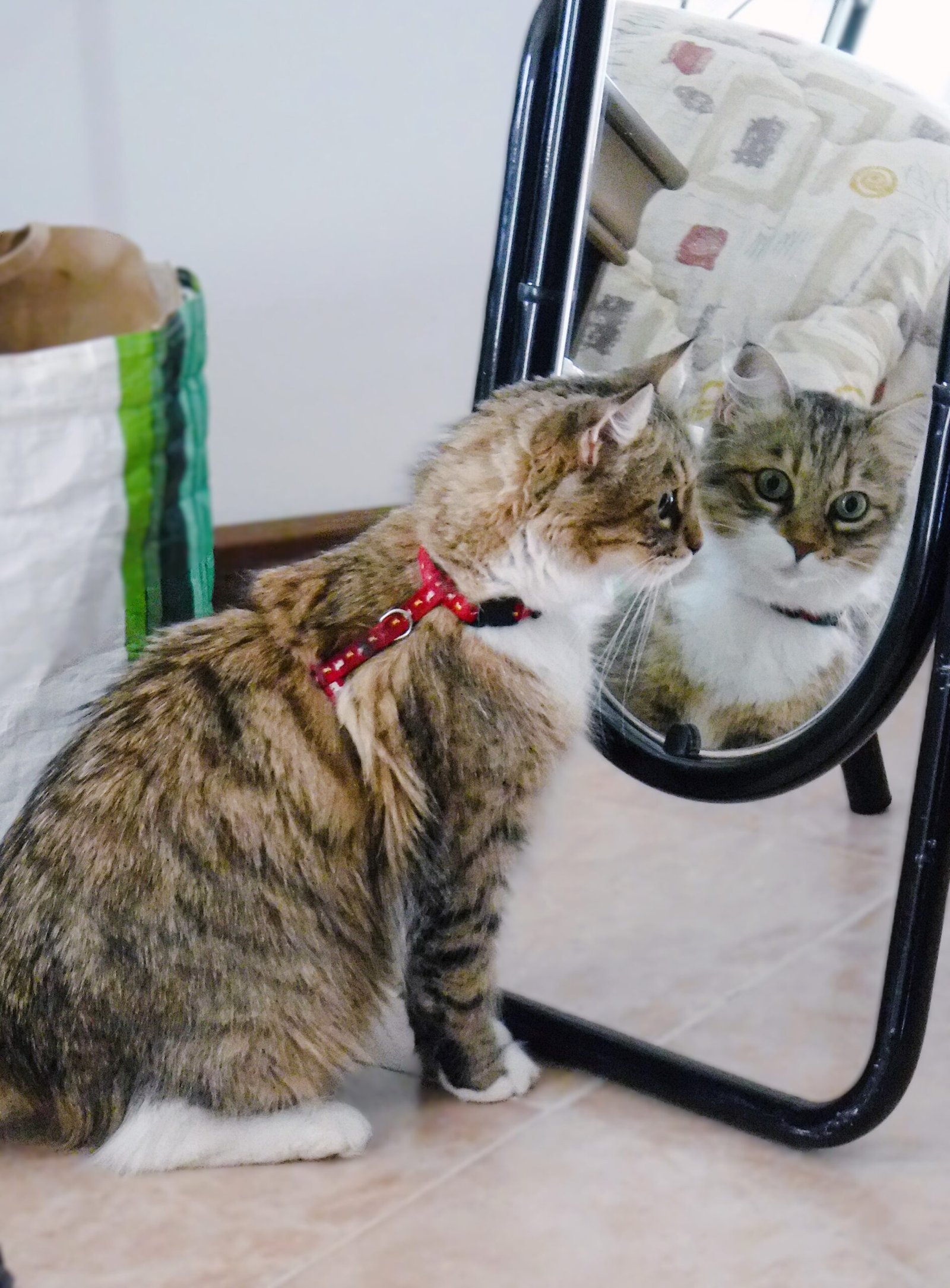
If your cat suddenly stops sleeping at the foot of your bed or starts seeking new spots, it can be a sign that something has changed. It might be a new routine, a health issue, or simply a shift in their preferences. Paying attention to these changes can help you better understand your cat’s needs and emotions. Sometimes, all it takes is a little observation to unlock the secrets behind their nightly choices.
Hi, I’m Bola, a passionate writer and creative strategist with a knack for crafting compelling content that educates, inspires, and connects. Over the years, I’ve honed my skills across various writing fields, including content creation, copywriting, online course development, and video scriptwriting.
When I’m not at my desk, you’ll find me exploring new ideas, reading books, or brainstorming creative ways to solve challenges. I believe that words have the power to transform, and I’m here to help you leverage that power for success.
Thanks for stopping by, Keep coming to this website to checkout new articles form me. You’d always love it!






